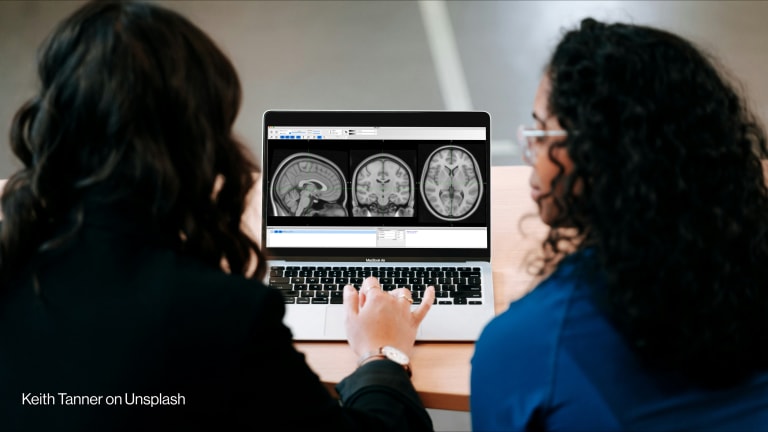
Devastating as it is, COVID-19 is only the epicenter of a much bigger health earthquake, magnifying the long-standing suffering of people living with noncommunicable diseases, or NCDs.
Case in point: Nearly 50% of countries have reported disruptions to diabetes services at a time when people with type 1 diabetes, otherwise known as T1D, are over three times as likely to die of COVID-19 in a hospital.
A new Lancet Commission report, supported by the Helmsley Charitable Trust, details how T1D and other NCDs have long been neglected, and those with the least money are the most sidelined — even though they face higher rates of death and disability from these diseases, and the financial impact on their families is devastating. While attention to NCDs continues to lag generally, a growing number of countries — many of them low-income — are investing in bold and effective strategies to expand care.
In short, there’s a reason for optimism. Here are three lessons learned from work on diabetes globally that should be brought to scale:
1. Train nonspecialist health workers to manage multiple conditions to decentralize care
The consequences of living with an NCD extend beyond the life and livelihood of one person. View the visual story.
The facilities and staff to manage chronic conditions like T1D can often only be found in hospitals in major cities, which the pandemic has constrained and made even harder to reach from far away.
These access challenges can be overcome by incorporating elements of specialist care into primary care to develop integrated care teams, trained in a versatile set of skills. Emblematic of this approach is PEN-Plus — building on the World Health Organization’s list of essential NCD interventions and supported by the organization’s regional office for Africa — which provides a strategy and training for nurses and clinical officers at district hospitals to deliver chronic care services for a range of diseases.
Some lower-income countries have begun to implement PEN-Plus with investments of less than $1 per capita. Benefits include: a wider orbit of quality services for NCDs, jobs creation, and savings on travel time and costs.
Decentralization is only viable, however, with the right workforce. In Haiti, Liberia, Malawi, and Rwanda, Partners In Health is training non-physicians to deliver outpatient services for T1D alongside other NCDs, such as advanced rheumatic heart disease and sickle-cell disease.
2. Sustainably strengthen health systems while addressing individual diseases
One key milestone in responding to diabetes in low-income countries has been incorporating insulin and other essential medicines into national health programs, as championed by organizations like Health Action International.
Medicine donations programs are critical in many low-income countries. Yet during the pandemic, patients have experienced less disrupted access to medicines where they are designated as essential within national health schemes.
Such designations have positive ripple effects, as national capacities are developed through fulfilling these responsibilities. In Mali and Burkina Faso, Santé Diabète is collaborating closely with authorities to use the best available local data, such as the length of delivery times, to avoid any form of shortage or stock-outs of insulin.
Looking at Tanzania, the government has progressed from relying on insulin donations to beginning to manage insulin procurement and supply itself. It has also expanded its remit by providing prevention and care for diabetes through comprehensive clinics offering HIV, dental, and nutrition services. Whether we are health workers, advocates, or funders, we need to work together across disease areas much more often.
3. Take a person-centered approach
If people with diabetes do not know where their next meal is coming from, access to insulin is not enough to give them a good quality of life. This predicament underscores that all of us working in global health must take a holistic view — factoring in economic, social, and environmental pressures — to improve the health and well-being of those we serve.
Fully embracing the call for greater solidarity in responding to the pandemic, we must fully and directly involve people living with NCDs in all public health policy development, program planning, and implementation to ensure responses address the full range of challenges they face.
It is particularly transformative to employ a people-centered approach as we engage representatives from ethnic, disability-based, or other groups. Too often, they are marginalized from political, social, and economic opportunities.
People living with NCDs in the world’s lowest-income countries need a platform for sharing their stories. Our conversations will be much richer and our actions all the more meaningful for it.








